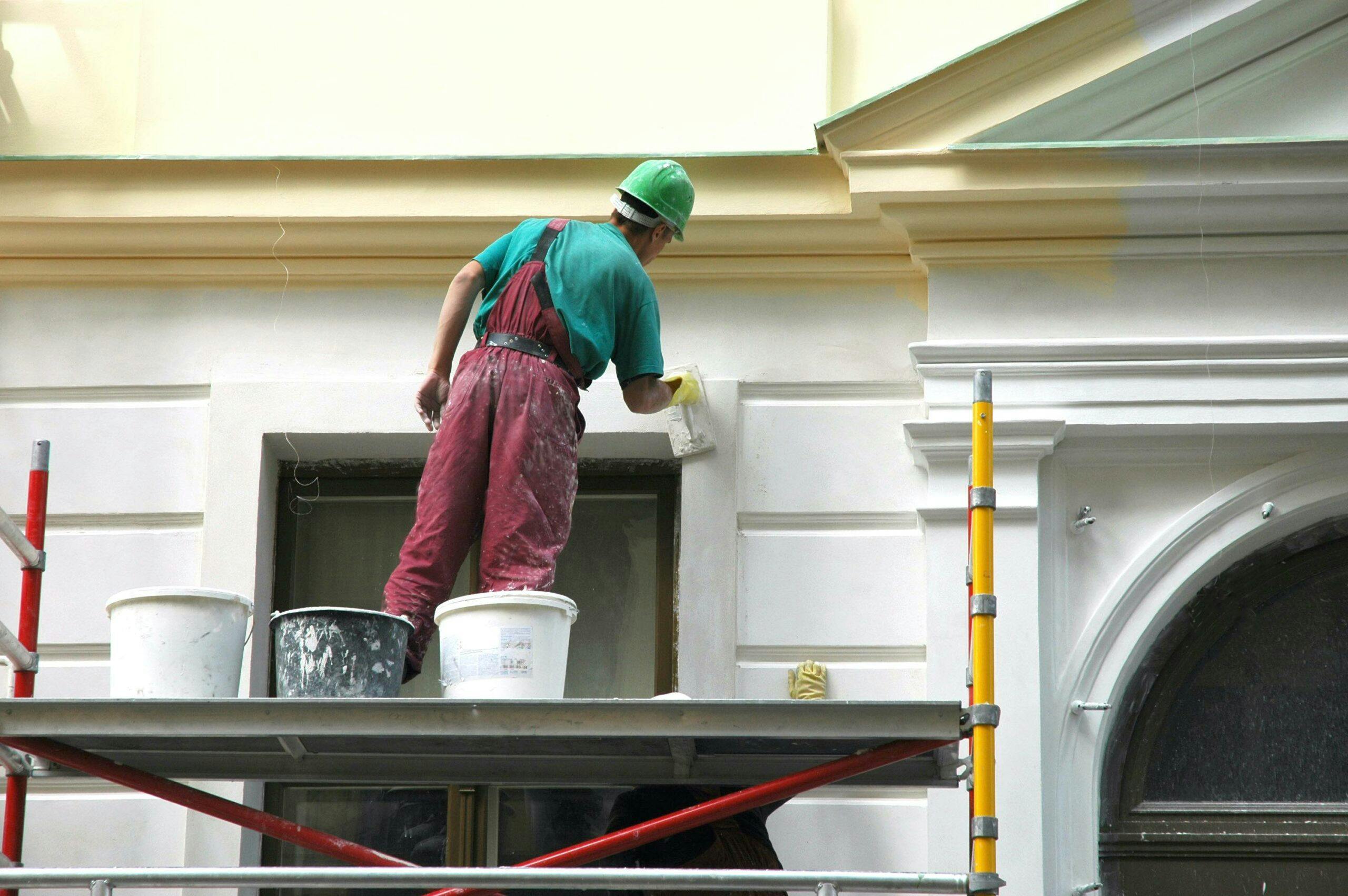How To Start a Painting Business

Starting a painting business is one of the simpler ways you can start your own business, but there are a lot of different types of painting businesses you could run. Here’s how to get started, and how to figure out what kind of painting business is right for you.
#1. How To Form a Painting Business
Starting a painting business is similar to other contractor businesses, but you generally don’t need a license for painting, because it doesn’t require licensed skillsets like plumbing and electrical businesses do. However, you may need a general contractor license in some states. You can look up business license requirements to find out about your location’s laws.
Many states only require you to form an LLC and register for an EIN to start a business. An EIN is a number that identifies your business for tax purposes. If you’re new to starting a business, first check out our simple guide on 5 Steps to Start a Business. You’ll also need a business bank account, a process for doing your business taxes and accounting, and legal advice as well as an insurance agent.
#2. How To Hire Staff for a Painting Business
Ask your insurance agent about which types of insurance you’ll need: probably basic business liability and workers comp insurance to start. Any of your staff doing the painting, even if that’s you, will need protection against claims of incompetence or insurance coverage in case of injury on a job site.
Once you have insurance, post an ad to hire painting staff in your local paper, or on local job boards. Word of mouth is also a great way to hire reliable workers. You’ll need to collect name, address, and social security number or other tax identifying information for anyone who works for you and have them fill out relevant tax forms depending on whether you hire them by the hour or if they are salaried workers.
#3. Purchasing Painting Equipment
Some painting businesses only handle home painting. It’s one of the easier ways to start a painting business, because you don’t need extra tall ladders, scaffolding, and other equipment needed to paint larger buildings, and there is less of a chance of worker injury from falling on the job.
If you do decide to purchase equipment, you can purchase supplies at the local hardware store or from an industrial paint supply company. You’ll need the following:
- rags and drop cloths
- painting trays and mixers
- extension poles, paint rollers, brushes
- harnesses to hold equipment
- gloves, protective clothing and paint remover or cleansers
- ladders or scaffolding
- paint sprayer machines
You might optionally also want hoses, power washers, and other equipment that helps you prep for an exterior paint job. If you have large equipment like paint sprayer machines, you’ll also want to have vehicles large enough to transport all your gear to each job.
#4. How To Manage a Painting Business
After you form your painting business, you’ll need a business plan and a marketing plan. Check out our handy guide on how to write a cleaning business plan, which can be adapted to a painting business. The best support you can give yourself in running a painting business is to find a good business software to manage your scheduling, invoicing, payment processing, and contacts for you.
Yottled is a top small business software just for this purpose. With Yottled you can get a white-label website or a scheduling and payment software that integrates with your existing website. You also get great client management tools and invoicing all in one place. Then you can focus on running your business rather than keeping everything organized. As you grow, you can expand your services to larger painting jobs, and Yottled will grow with you.